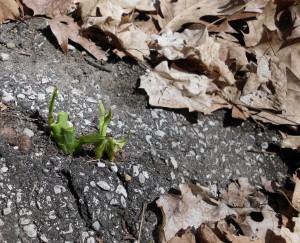Yesterday I shared three things I wish I could go back and do differently in reference to Nate’s 42 days of cancer. Here are six more.
My hope is that these will be of practical help for anyone currently traveling with a loved one on the difficult journey of terminal illness:
4. I wish I’d taken many more pictures of Nate before he got so physically depleted it was awkward to do so. With only six weeks of cancer, we had only three of acceptable picture-taking time.
5. By the time I realized I didn’t have all the answers about our shared paperwork and tax stuff, it was too late to get them. Confusion began to pepper our conversations unexpectedly, and we weren’t sure if what he was telling us was accurate. His help with answers to my brother’s questions about his law practice (and there were hundreds) was non-existent after day #25. It would have been a blessing to all of us to have concentrated on these questions almost immediately.
6. I regret not asking Nate, “Is there anything I’ve said or done that is standing between us and needs to be settled?” Of course I would need to have had thorough preparation by the Holy Spirit to be ready for his answer and the difficult discussion that might have followed. But this is a good question for any wife (or husband) to ask any time. It might be especially important as death is on the horizon.
7. Pulling out old photo albums would have been a rewarding way to use precious together-moments. Counteracting the darkness of terminal cancer, family pictures would have prompted laughter and light-hearted remember-when’s. During those moments when neither of us knew how to cope, it would have been a welcome lift from miserable circumstances.
8. When we say goodbye to any loved one, whether it’s after a shared meal or a week’s vacation together, we usually make it a point to say thank you. When we’re about to say goodbye because of death, thank you’s are doubly important. I wish I’d thought back to the endless kindnesses Nate had shown me, then talked about them, thanking him again and again. It would have made for sweet conversation.
9. As soon as we discovered Nate was not going to live much longer, I viewed him as fragile and touched him accordingly. Looking back, it would have been lovely to have had more husband-wife time in private during the early days. I didn’t realize how quickly there would be other eyes and ears in the room helping us, but also watching and listening, making intimate moments impossible.
More and more I find myself looking forward, but I hope this look back can be useful to someone who’s still in the middle.
“The Lord will keep your going out and your coming in from this time forth and forevermore.” (Psalm 121:8)




